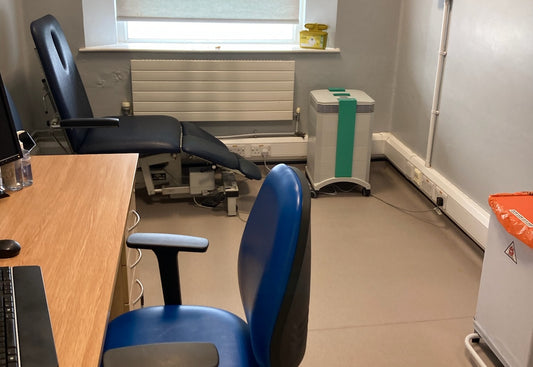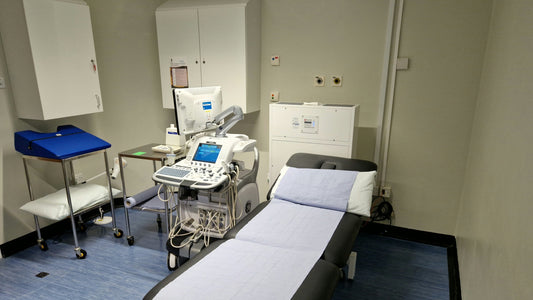A new study on hay fever in schools was highlighted at the European Academy of Allergy and Clinical Immunology conference in London, and it made us wonder if schools trivialise hay fever. The study found that students suffering from allergies are 40% more likely to drop a grade in their exams. This is due not only to the distraction of sore eyes, blocked nose, and headaches during exams but also to sleep deprivation brought on during the night. Four in ten patients with hay fever say that the condition affects their sleep and, if antihistamines are taken, students are 70% more likely to drop a grade because of drowsiness brought on by drugs.
The study looked at 1,834 students, aged between 15 and 17, who were taking GCSEs in Maths, English or Science and was presented at the European Academy of Allergy and Clinical Immunology conference in London.
Prof. Stephen Durham, of the Royal Brompton Hospital, Chelsea, told the conference: "Hayfever affects one in four people in the UK… and is a distressing condition that is often trivialised - not only by doctors and relatives but by the patients themselves." I know that when I was taking important exams at school and university there was little sympathy given to those of us suffering from hay fever, a box of cheap, scratchy tissues sat on the invigilator's table in case of emergency but that was about it. But acting like this today makes you think that schools trivialise hay fever.
As a reader commented on the last post on this subject, high efficient school air filtration would offer more equality, as would the use of fewer sedative anti-histamines and nose sprays. There were no air purifiers in my school when I took my exams, and I do not think if I had requested an air cleaner that one would have been provided. However, times have changed and it would benefit hundreds of students if schools and universities offered or installed efficient air purifiers into examination rooms and if students suffering with allergies or asthma would make use of a proper allergy air purifier in their homes. Students suffering from allergies should also be made more aware of the medications that cause the least drowsiness that they can take to ward off their allergies when away from a pollen-free air-purified environment.
Ref:
- Telegraph.co.uk 9th June 2010




